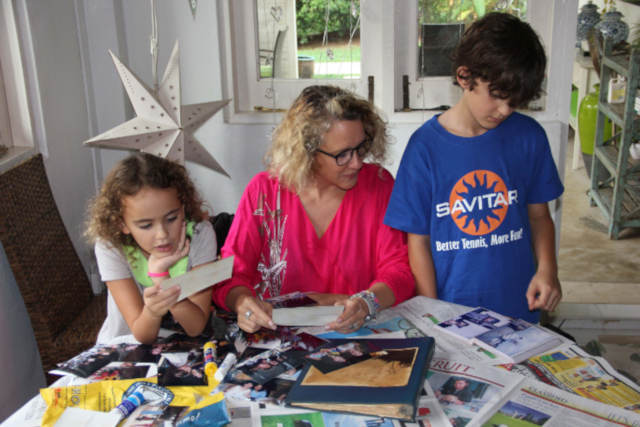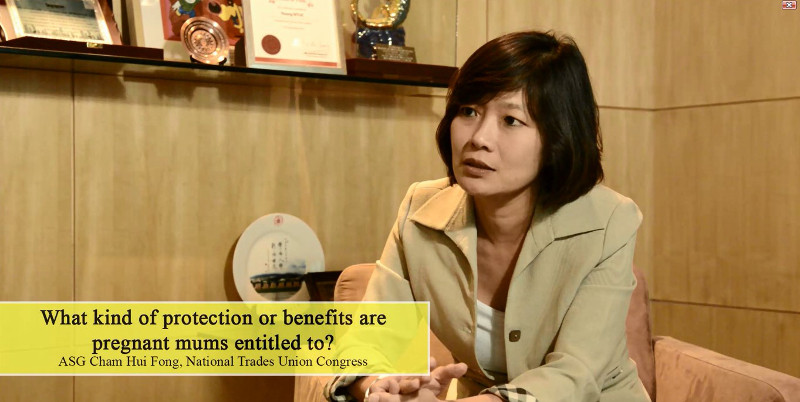The Harvard Graduate School of Education recommends 3 important aspects of parental involvement. What are they? We find out.

Parental involvement in children’s learning has been widely accepted as an important component of early childhood education. Studies have shown that parental involvement can positively influence child development, and parents’ involvement affects a child’s cognitive and social-emotional outcome.
Here are ways you can be more involved in your children’s lives, according to the Harvard Graduate School of Education.
1. Be involved in their studies
When our children are young, we guide and help them to keep track of their academic progress, to ensure they are doing well in school. When we asked a few parents, most of them listed helping their children with homework and preparing them for spelling tests as activities they do to be more involved in their children’s learning. Ms Tan, a preschool vice-principal, observed that children whose parents support them in their academic tasks at home are not only do better at learning new concepts in the classroom, they also experience a smoother transition into formal education.
Besides supporting your children through academic tasks, you can enhance their school performance through day-to-day activities as well. Reading, which is an important academic skill for school success, can be fostered through unplanned and non-academic activities. It can be a regular bedtime routine or a casual reading of posters, signboards and other forms of printed text around the environment. The more you involve yourself in reading activities with your children, the earlier they will be able to identify letters of the alphabet and write.
2. Parenting
Parenting is your attitude and beliefs that determine or affect your child-rearing practices. And this has a great impact in your child’s socioemotional and cognitive development. Research found that your attitudes and beliefs determine the degree of warmth and acceptance in a parent-child relationship, as well as setting limitation for your child.
This parental warmth, coupled with a reasonable level of control, produces positive outcomes within them. And how can parents balance this warmth and control? Be reflective and look at it from your child’s perspective. Constantly ask why your children behave the way they do, especially in times of distress or conflicts.
3. Build home-school relationship

Home-school relationship is the formal and informal interactions between you and your child’s school. It involves your participation and contribution to your little one’s learning, as well as establishing a regular two-way communication with their teachers. Some ways to nurture a positive home-school relationship include:
- Attending school events (e.g. festival celebrations, family carnivals, parents’ workshops)
- Volunteering in your child’s preschool
- Contributing your expertise in your child’s classroom
- Communicating and exchanging information with your child’s teachers
Despite working full time, 34-year-old Cherlyn Toh makes sure she sets aside time to engage her children in activities. She does so by involving them in daily chores, such as preparing dishes for the family. She uses such experiences as teachable moments to impart skills and values to her children.
“Taking time to engage in quality conversations with her children is important to understand their needs and interests,” says the mother of two. She also collaborates with her children’s preschool by working on take-home art projects. To keep an open mind and to expand her knowledge, she reads parenting resources. Rather than getting children to change and meet adults’ expectations, Cheryl believes it’s easier for parents to change their mindsets and attitudes.
By Yeo Mei Xian & Beatrice Lim.
* * * * *
Like what you see here? Get parenting tips and stories straight to your inbox! Join our mailing list here.
Want to be heard 👂 and seen 👀 by over 100,000 parents in Singapore? We can help! Leave your contact here and we’ll be in touch.




















































